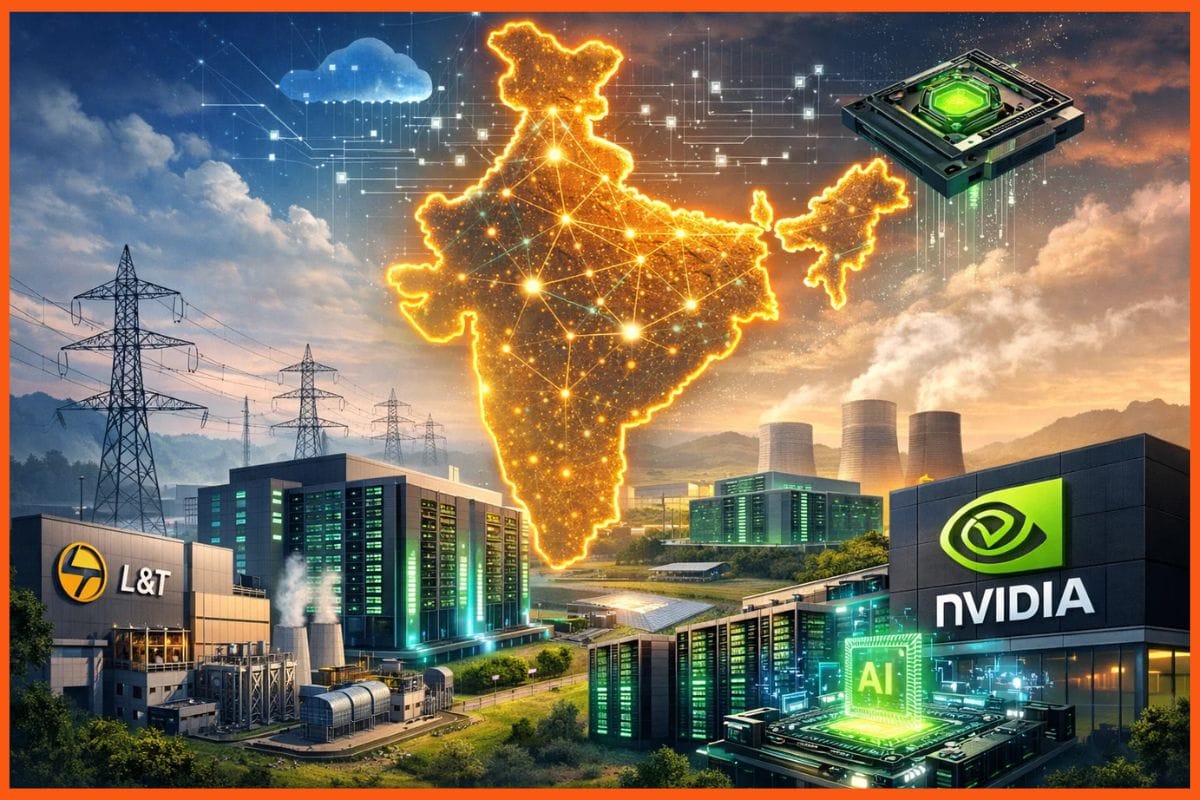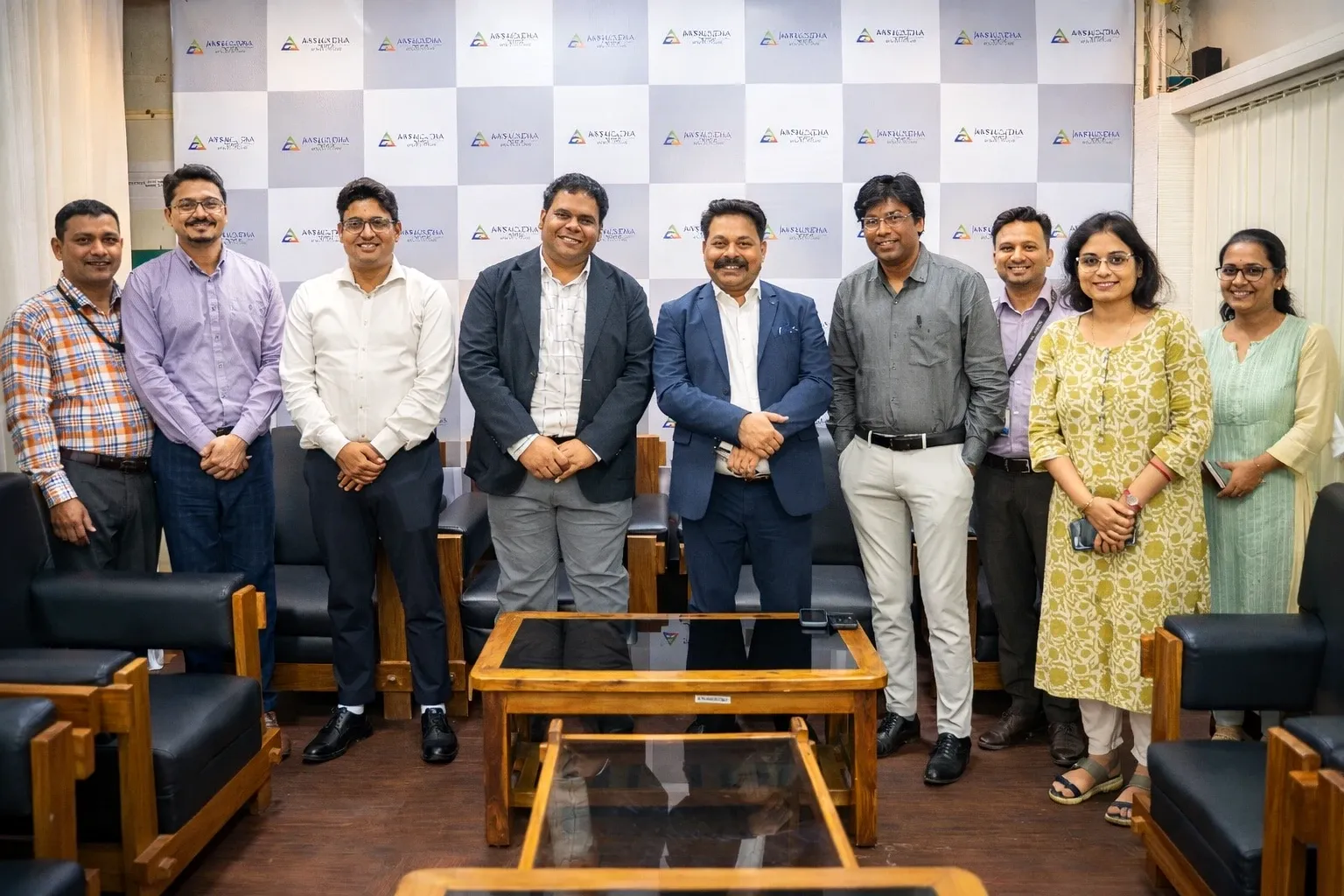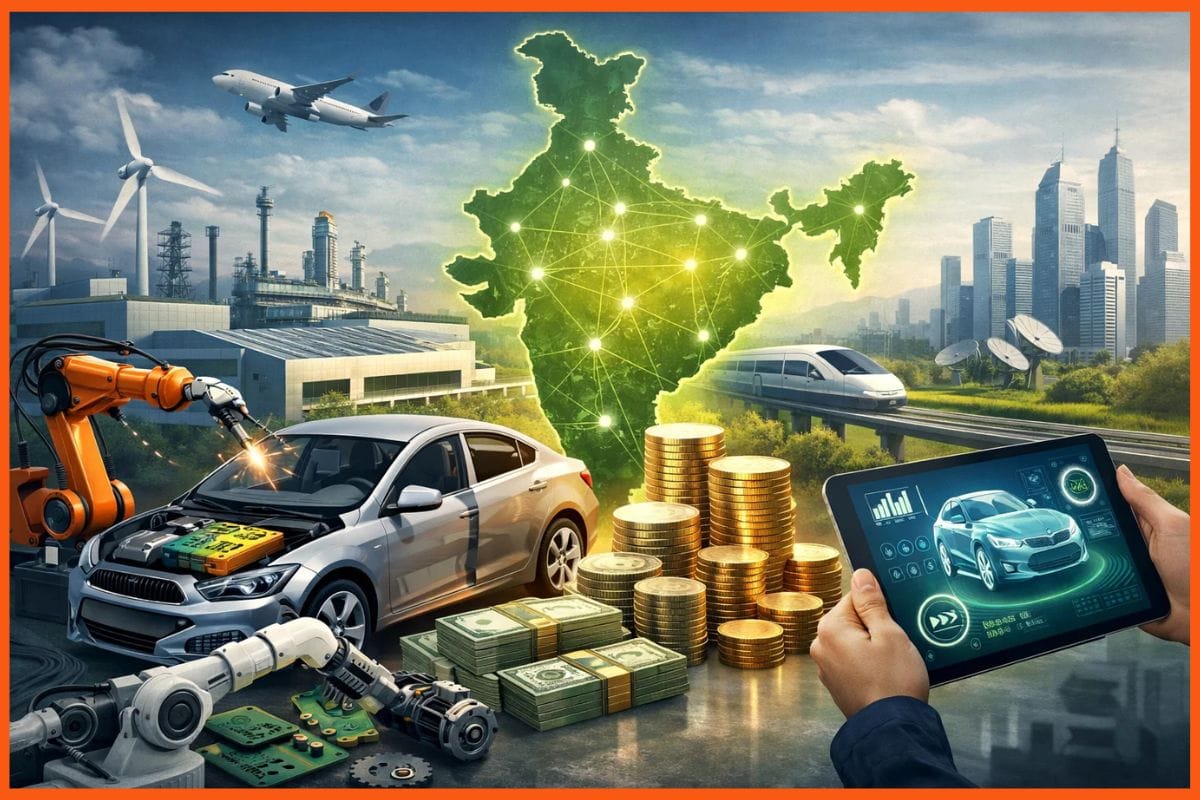How PepsiCo Uses AI in Production, Advertising, and Customer Research?
🔍Insights
Food companies are adjusting their ways of creating and advertising their products to keep up with the trends. Food industries are influenced by technological improvements either directly or indirectly. Artificial Intelligence (AI) is having an impact on food production and processing, making it easier and faster for businesses to create products.
PepsiCo is a wonderful example. PepsiCo is a clever AI user who understands the value of machine learning and the application of new technology. It is a well-known food and beverage company that is responsible for a number of well-known brands, including Pepsi, Miranda, Tropicana, Lays, Kurkure, and Mountain Dew. PepsiCo's global net revenue was over 70.37 billion dollars in 2020. PepsiCo has attempted everything from utilising Snack Delivery Robots to recruiting robots.
PepsiCo - Artificial Intelligence in Production
PepsiCo - Consumer Research with AI
PepsiCo - Pep Worx Data Analyst
PepsiCo - AI for Advertisement
PepsiCo - Robot Vera To Interview Candidates
Conclusion
FAQs
PepsiCo - Artificial Intelligence in Production
Pepsi, as one of the world's largest food and beverage companies, is constantly at the cutting edge of technology, investing substantially in artificial intelligence technologies to increase practically every aspect of its operations. Fortunately, it has the sufficient capital and expertise to put in place the tech required to make things go effortlessly.
Shameer Mirza, senior research and development engineer at PepsiCo, understood that artificial intelligence might be used in a variety of ways to improve manufacturing process management. Mirza then created a machine learning technique that could be combined with a visual system to estimate the mass of treated potatoes. The corporation was able to save a significant amount of money because it no longer had to pay $300,000 per line (they had 35 in the United States alone) for measuring equipment. Mirza's solutions rely solely on a camera and a computer vision model, and are basically nothing more than extra sample points obtained at no cost.
Machine learning is helping the manufacturing unit of Frito-Lay, a PepsiCo subsidiary. One prototype uses lasers to impact chips, then listens to the sounds they make to detect texturing. To digitize the performance analysis for Frito-chip Lay's production plants, software evaluates audio and estimates chip texture.
PepsiCo has initiated a global training program on innovative machine learning and artificial intelligence for its internal marketing associates, in order to expand their team's ability to use such innovations to start bringing perspectives that will improve their production plants.

PepsiCo - Consumer Research with AI

AI is rapidly being used by businesses for manufacturing processes and data collection. Consumer research is one of the most important avenues here. In the past, such studies relied on data from survey data, which isn't necessarily credible.
Thankfully, artificial intelligence (AI) is assisting academics in carefully sorting through information, identifying trends, and noting relevant insights. We can evaluate consumer insights deeply and quickly using a mixture of qualitative and quantitative analytics, artificial intelligence, and social networks. As a result, patterns and trends emerge, allowing for thorough market research into critical consumer insights.
Tastewise, an AI tool, is used by PepsiCo to identify and anticipate food trends. Tastewise, which was founded by former Google Chief Marketing Officer Alon Chen, employs artificial intelligence to analyse massive volumes of culinary data available online. Tastewise promises that its platform has analysed more than 95 million menu items, 226 billion recipe interactions, and 22.5 billion social media posts, among so many other things, for companies such as Nestle and General Mills. PepsiCo gains a better sense of what customers are interested in as a result of these insights. PepsiCo adopted seaweed as a flavoring for savoury snacks as a result of the findings given by this algorithm—input that might not have come up in survey data.

PepsiCo - Pep Worx Data Analyst
Pep Worx, PepsiCo's in-house big data and analytics platform, assists the firm and its partner companies in identifying valuable consumers by area, allowing for better product array and merchandising decisions. Stock choices, product positioning, and advertising techniques can all be aided by the system.
According to Supermarket News, PepsiCo used Pep Worx to identify 24 million households from a dataset of 110 million US households to plug into unexpressed demand for its Quaker Overnight Oats, single-serve cups of dry oats soaked overnight in milk or yoghurt in the fridge to get a nutritious, cold breakfast cereal by the early hours.
These victories mark the end of PepsiCo's long journey to big data, which included decades of analysis and experiments before arriving at Pep Worx. Its first application of big data was to gain a better understanding of its one billion customers and to simplify its supply chain across its 200+ countries of operation. This information was largely in the form of compact documents before being released via Pep Worx.

PepsiCo - AI for Advertisement
Many experts believe that AI is the future of advertising and PepsiCo understands it fully. From ad design to targeting specific to ad buying, AI is revolutionising what is possible in terms of advertising. One of the most difficult tasks for advertisers is to ensure that the correct audience is targeted. AI may scan a variety of data sources to assess the likelihood of a user completing a given action, resulting in more successful and proactive marketing. To reach potential customers and expand the sales process, AI can develop look-alike communities based on previous efforts.
Machine intelligence in branding aids advertising agencies in making better use of buzzwords to quickly target buyers. The AI marketing approach and solutions enable digital marketers to reach consumers more effectively and increase income.
PepsiCo - Robot Vera To Interview Candidates

The organisation conducts phone interviews with job applicants and answers their questions about offered positions using the Robot Vera technique developed by a Russian corporation. The robot interviewer can examine 1,500 job applications in nine hours, compared to nine weeks for human recruiters. PepsiCo has designed Robot Vera to make calls to job seekers using powerful speech recognition technology, diverting its hiring crew to other tasks.
It uses Vera to assess candidates for occupations like forklift delivery drivers and industry employees, as well as to hire salespeople. The system can examine CVs on job sites continuously and call candidates who meet the criteria, conducting up to 10,000 calls at once.
Conclusion
Artificial Intelligence, according to PepsiCo and many other corporations, is the key to surviving in an oversaturated market. PepsiCo employs machine learning for a variety of purposes, including production and the recruiting of new employees. The number of food and beverage companies utilising artificial intelligence for everything from supply chain planning to customer transparency is growing, as is the number of supply chain management applications. And PepsiCo is well aware that Artificial Intelligence is the way of the future.
FAQs
What technology does PepsiCo use?
PepsiCo employs AI and machine learning in a variety of ways across the company.
Who are PepsiCo competitors?
Some among the PepsiCo's top competitors are:
- Keurig Dr. Pepper
- Danone
- Nestle
- Britvic
- Red Bull
- Mondelez International
- Monster Beverage
Why is PepsiCo so successful?
The company's success stems from its ability to keep on top of new trends and lifestyles, providing customers with the flavours and comforts they demand.
Must have tools for startups - Recommended by StartupTalky
- Convert Visitors into Leads- SeizeLead
- Website Builder SquareSpace
- Run your business Smoothly Systeme.io
- Stock Images Shutterstock






